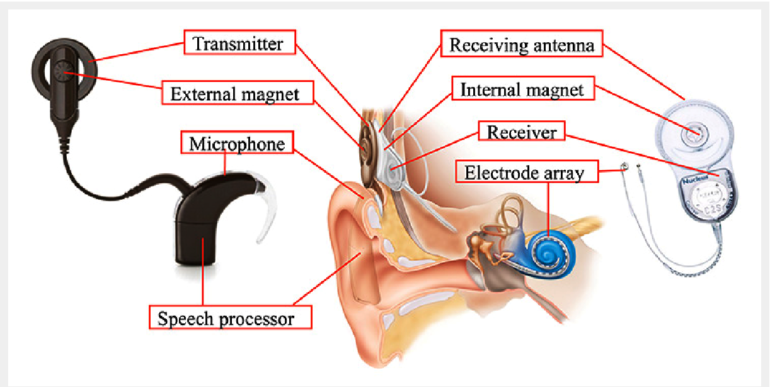Primary care that doctors perform for these patients includes ear, nose, and throat tests to approve that the cochlear implants are right for the patients. These tests include an examination of the external, middle, and inner ear for signs of infection or abnormality, various tests of hearing, such as an audiogram or evaluation of hearing aids, exams to evaluate middle and inner ear structures by CT scan.
Cochlear implantation is done under general anesthesia, which means patients will be asleep during the procedure. So, the doctor will ask you to temporarily stop taking certain medications or supplements. Your doctor will give you specific instructions to help you be prepared for Cochlear implant surgery.
 English
English
 English
English
 English
English




